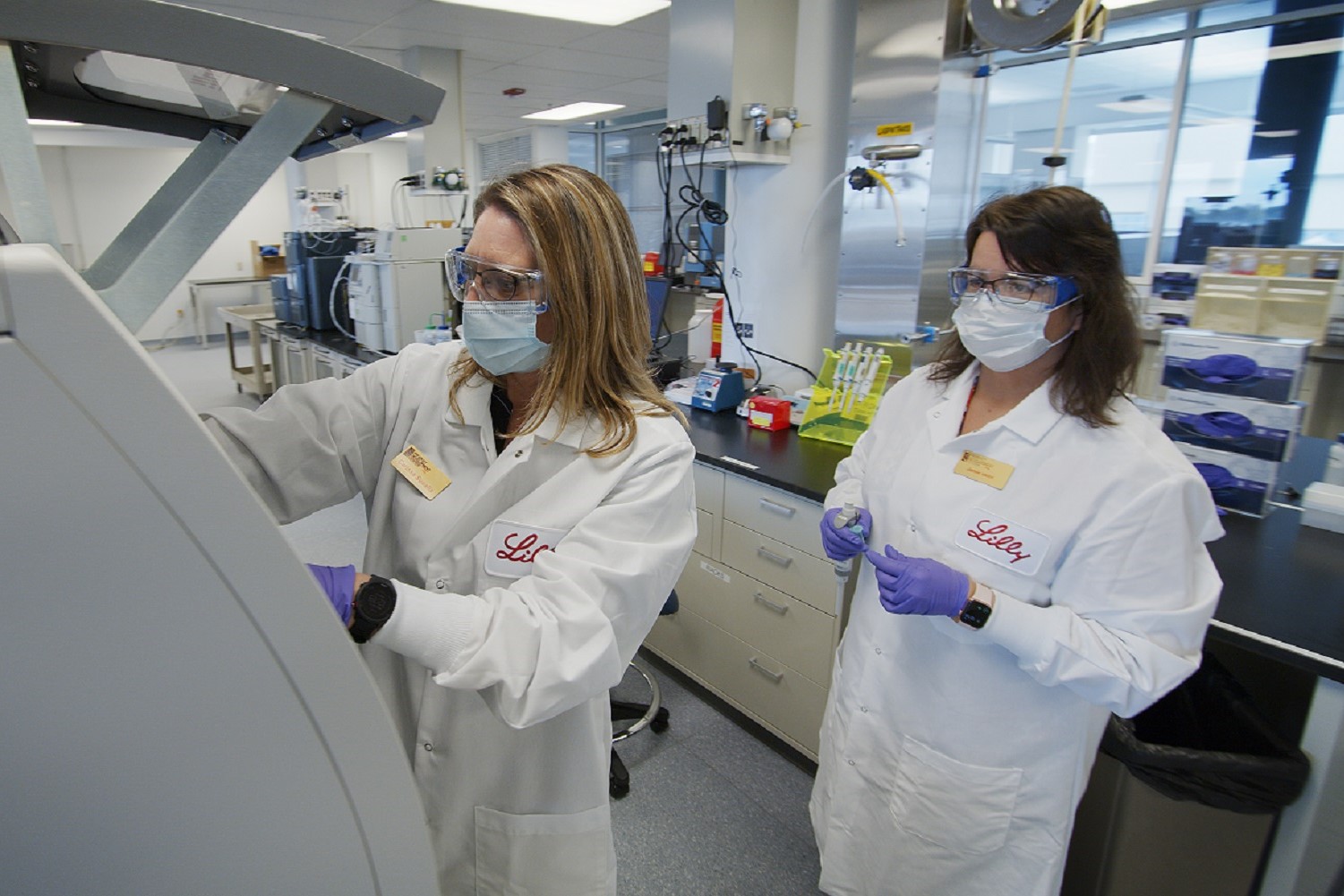Stryker Corp.’s (NYSE:SYK) biotech subsidiary, its former president and three sales reps are hoping a judge will agree to dismiss 12 of the 16 criminal charges pending against them in a federal beef.
Hopkinton, Massachusetts-based Stryker Biotech, former president Mark Philip and the sales reps were indicted last year for allegedly promoting the off-label use of a pair of bone-growth products and lying to the Food & Drug Administration. Stryker and Philip were also charged with making false statements to the FDA. William Heppner was the company’s national sales director; David Ard and Jeff Whitaker were regional managers for the western and central territories, respectively.
The indictment alleged that the defendants were part of a scheme to promote the combined use of a pair of separate bone-healing products, each granted a narrow, provisional “humanitarian device exemption” by the FDA. Combining the treatments and devices — the OP-1 Implant, OP-1 Putty and the bone void filler Calstrux — caused adverse effects in patients ranging from minor irritations to infections requiring follow-up surgeries. The indictment also charges that Stryker and Philip lied to the FDA about the number of patients treated each year with OP-1 Putty.

With the Rise of AI, What IP Disputes in Healthcare Are Likely to Emerge?
Munck Wilson Mandala Partner Greg Howison shared his perspective on some of the legal ramifications around AI, IP, connected devices and the data they generate, in response to emailed questions.
The defendants moved to have a pair of the charges accusing them of wire fraud for emails allegedly sent as part of their alleged scheme. The emails, one from Ard in California to another rep in Minnesota and the second from Heppner in Illinois to Ard in California and Whitaker in North Carolina, “merely bounced off a Massachusetts-based computer server while in transit,” according to court documents.
“These emails have insufficient contacts with Massachusetts to sustain venue” in the U.S. District Court for Massachusetts, the documents allege.
The five defendants also argued that another nine counts should be dismissed because the statute cited by the feds to back up the charges is too vague. Federal law requires that statutes be written clearly enough so that “men of common intelligence must necessarily guess at its meaning and differ as to its
application.”
“Hard to decipher even under the clearest of alleged violations, the relevant Food, Drug and Cosmetic Act provisions are hopelessly vague and attenuated as applied to Defendants’ alleged conduct,” they argued. “Following the labyrinth of ambiguous statutes and regulations necessary to apply the FDCA to Defendants’ alleged conduct is a journey that no one of ‘common intelligence’ could possibly be expected to make, and one which exceeds the statute’s proper bounds.”
Another charge, alleging a two-prong conspiracy to defraud, should be dismissed for the same reason, the defendants argued.
Under the terms of the HDE granted for the OP-1 putty, no more than 4,000 units per year are permitted to hit the market. The defendants argued that a count against Philip for allegedly concealing the fact that more than 4,000 units of the putty were used annually should also go by the board.
“[N]either Philip, nor Stryker Biotech had a duty to disclose the allegedly concealed fact at the time Philip is alleged to have concealed it,” according to court documents. “Philip could not have aided and abetted Stryker Biotech’s concealment since Stryker Biotech voluntarily disclosed the material fact Philip is alleged to have concealed.”
In August, Stryker Biotech agreed to pay $1.35 million to settle Massachusetts attorney general Martha Coakley for alleged false marketing and fraud over its bone growth products — less than 24 hours after the charges were filed.
The Massachusetts Medical Devices Journal is the online journal of the medical devices industry in the Commonwealth and New England, providing day-to-day coverage of the devices that save lives, the people behind them, and the burgeoning trends and developments within the industry.














